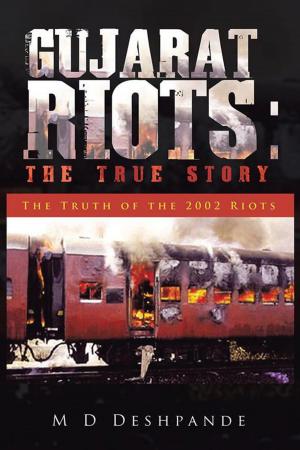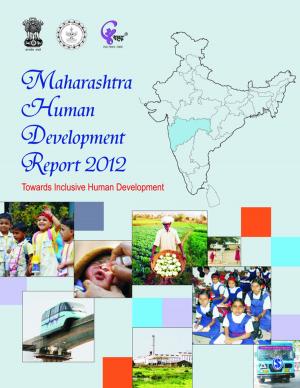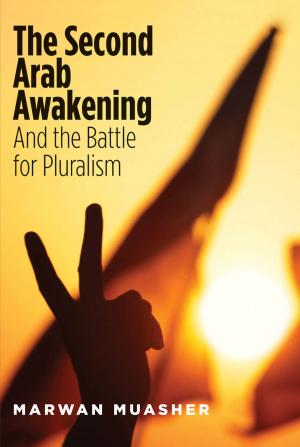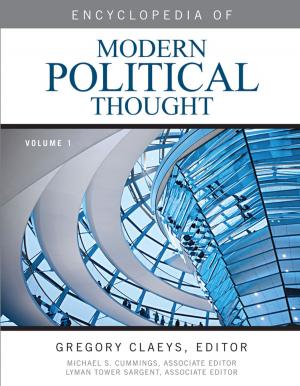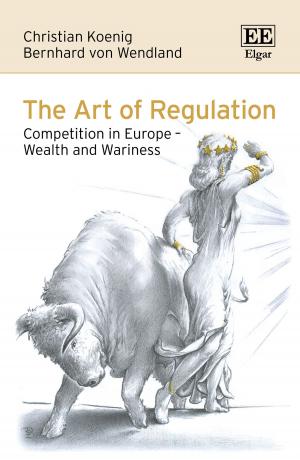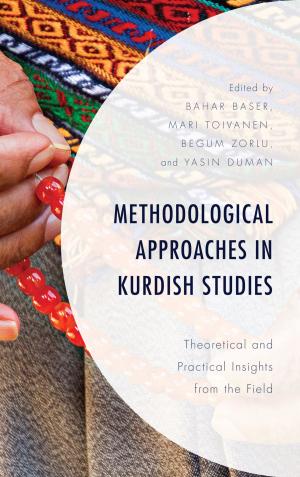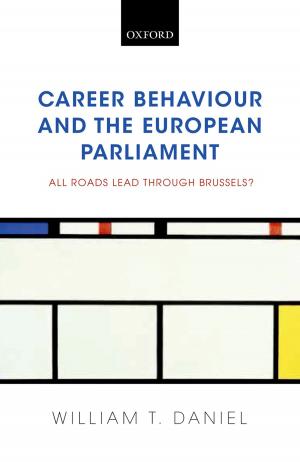Kafka and Orwell on China: Essays on India and China
Fiction & Literature, Essays & Letters, Essays, Nonfiction, Social & Cultural Studies, Political Science| Author: | Zafar Anjum | ISBN: | 9789810888022 |
| Publisher: | Zafar Anjum | Publication: | April 18, 2011 |
| Imprint: | Smashwords Edition | Language: | English |
| Author: | Zafar Anjum |
| ISBN: | 9789810888022 |
| Publisher: | Zafar Anjum |
| Publication: | April 18, 2011 |
| Imprint: | Smashwords Edition |
| Language: | English |
This book contains four well-researched original essays that deal with India and China. In the opening essay, "The unmaking of the East—India and China in the age of globalisation", journalist Zafar Anjum examines the high-octane economic growth of India and China in the light of the wisdom of Nobel Laureate Rabindranath Tagore. "The West would have us believe that post-globalisation, India and China are on a collision course in their race to develop themselves," writes Zafar. "Who should it bet on—that is the West’s dilemma. But the question for the East is this: whose race is it to lose?" In this essay, Zafar Anjum argues that the debate itself is wrongly framed and with some help from Nobel Laureate Rabindranath Tagore, he argues that the race is deeper than it appears.
The second essay is about George Orwell’s reflections on the attitudes and interactions between the West and China over the centuries.
In the third essays, Zafar discusses Czech fabulist Franz Kafka who never set his foot in China, yet he wrote a masterpiece, The Great Wall of China. John Updike counts this story belonging at the summit of Kafka’s oeuvre. Zafar Anjum tries to examine what motivated the European genius and one of the most influential of 20th century writers to write a short story set in an unseen land.
In the fourth essay, Zafar wonders why India and China, two of the world’s oldest civilizations, are so near, yet so far from each other. Can Bollywood and other cinemas of India, ambassadors of India’s culture and emblems of our soft power, take India to the Chinese?
This book contains four well-researched original essays that deal with India and China. In the opening essay, "The unmaking of the East—India and China in the age of globalisation", journalist Zafar Anjum examines the high-octane economic growth of India and China in the light of the wisdom of Nobel Laureate Rabindranath Tagore. "The West would have us believe that post-globalisation, India and China are on a collision course in their race to develop themselves," writes Zafar. "Who should it bet on—that is the West’s dilemma. But the question for the East is this: whose race is it to lose?" In this essay, Zafar Anjum argues that the debate itself is wrongly framed and with some help from Nobel Laureate Rabindranath Tagore, he argues that the race is deeper than it appears.
The second essay is about George Orwell’s reflections on the attitudes and interactions between the West and China over the centuries.
In the third essays, Zafar discusses Czech fabulist Franz Kafka who never set his foot in China, yet he wrote a masterpiece, The Great Wall of China. John Updike counts this story belonging at the summit of Kafka’s oeuvre. Zafar Anjum tries to examine what motivated the European genius and one of the most influential of 20th century writers to write a short story set in an unseen land.
In the fourth essay, Zafar wonders why India and China, two of the world’s oldest civilizations, are so near, yet so far from each other. Can Bollywood and other cinemas of India, ambassadors of India’s culture and emblems of our soft power, take India to the Chinese?

